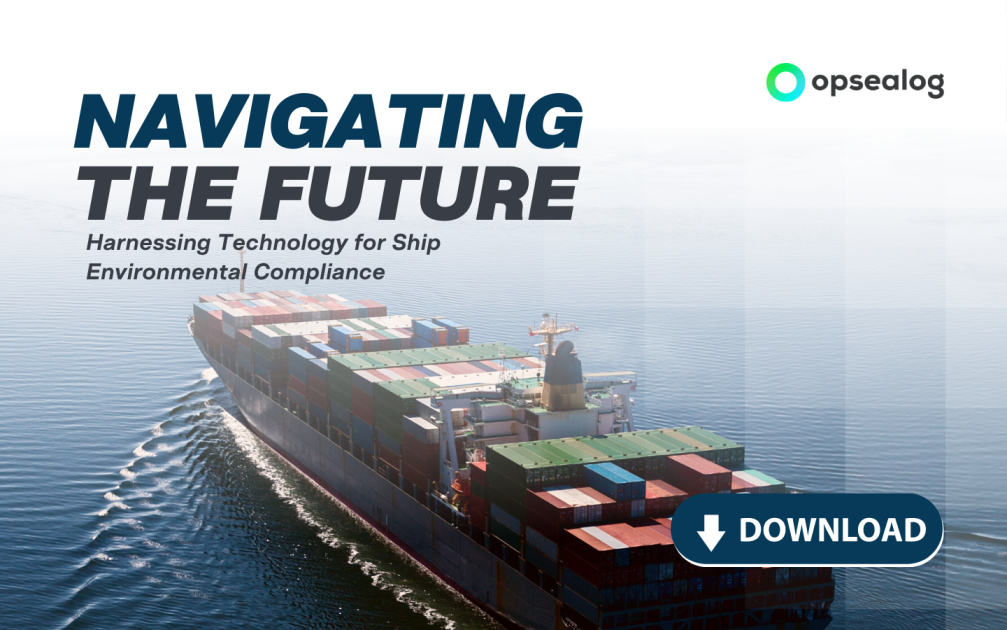The white paper on “Harnessing technology for ship environmental compliance” explores how technology can be leveraged to ensure that ships comply with environmental regulations. The paper highlights various technologies, such as monitoring systems and data analytics, which can be used to track and improve a ship’s environmental performance. It also discusses the benefits of such technologies, including improved efficiency, reduced costs, and enhanced reputation.
In the white paper, you will learn more about the following:
- Environmental accountability
- Starting a new era
- Opportunity through environmental data
- Positive impact through accountability
- Digitalization brings a new mindset
- Transformation extends beyond software
- Solution overview
- Lessons from the offshore sector
- People drive results, and support needed
- Preparedness for the future

